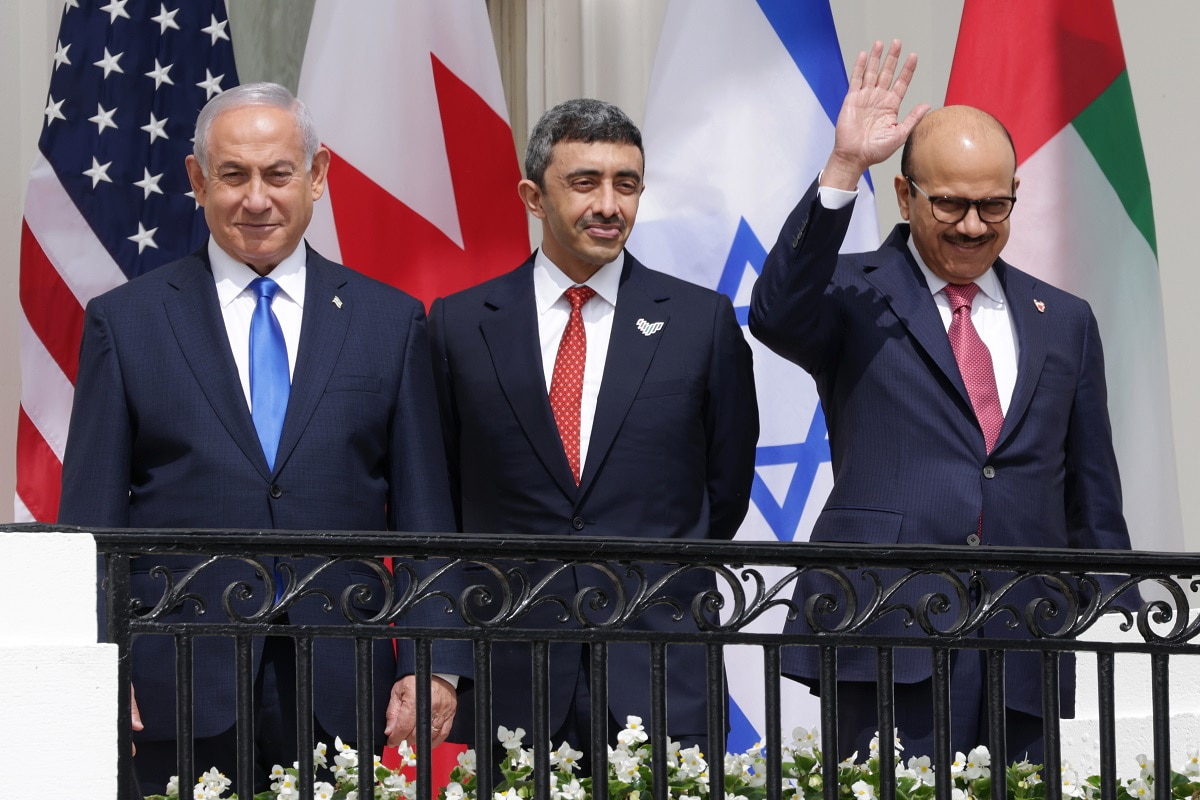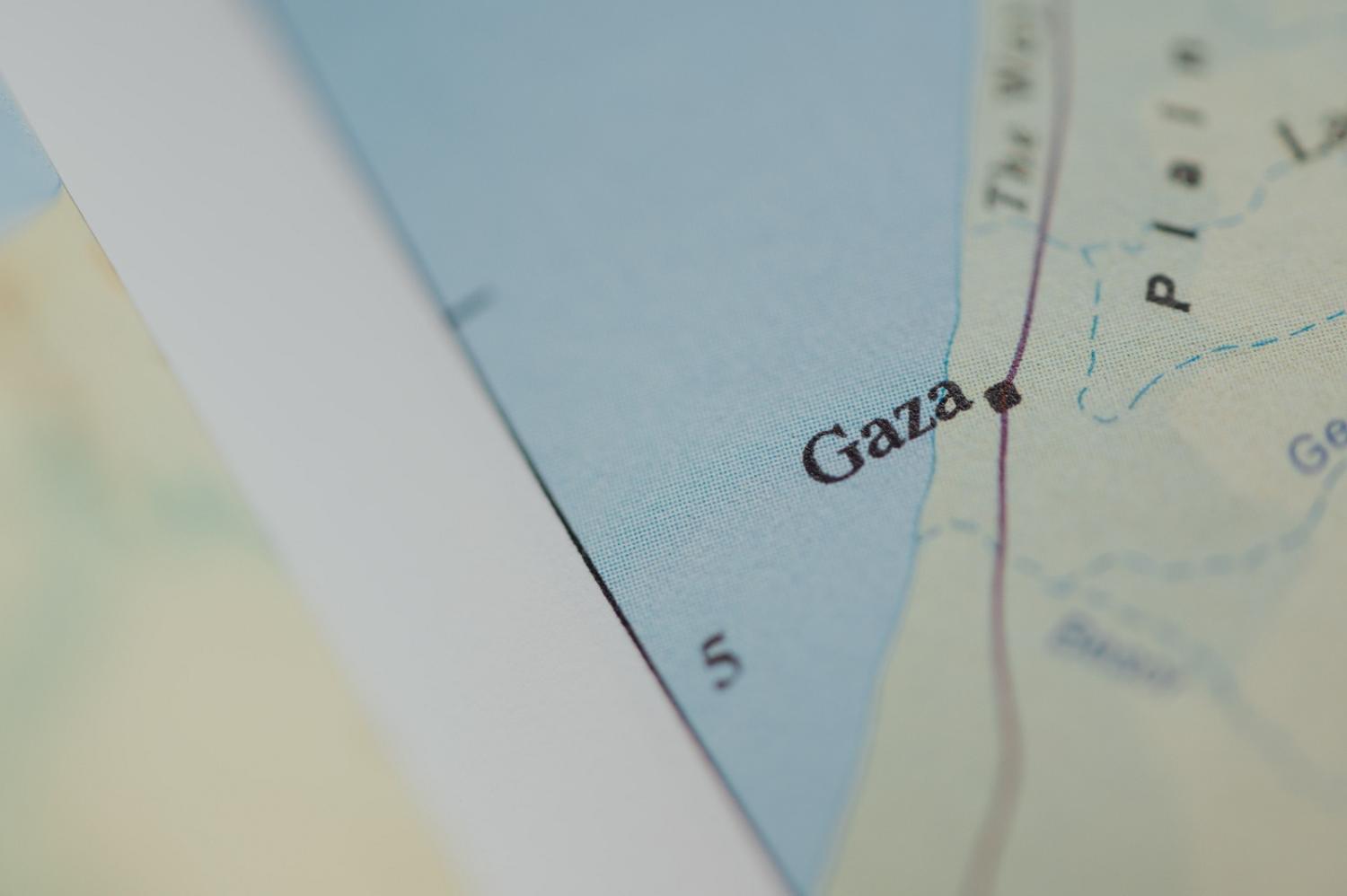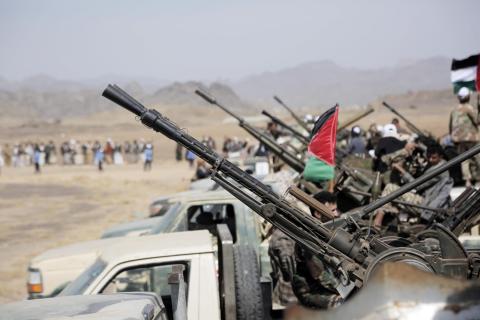Arab governments who have diplomatic relations with Israel, such as Egypt and Jordan, are under increasing pressure from their populations to sever ties amid a growing outcry over the mounting civilian death toll in Gaza. Likewise, there is demand from many citizens within Morocco, Bahrain and the United Arab Emirates, countries that had sought to normalise ties with Israel and are signatories of the Abraham Accords, to cease these efforts due to the dire humanitarian situation in Gaza. Qatar, which presently has no formal ties with Israel but is nevertheless acting as interlocuter between Hamas and Israel in the hostage release negotiations, issued a statement after the Hamas attack placing full blame on Israel. In the Levant, hostilities are at simmering point, threatening to boil over into full regional warfare if Hezbollah enters the fray – a decision over which neither the caretaker Lebanese government nor the Assad regime in Syria has much influence.
No doubt relations between Israel and neighbouring Arab nations are at a low point and the normalisation process has suffered a setback. Jordan has recalled its ambassador and will not welcome Israel’s ambassador until Israel stops its military campaign. Egypt’s President Abdel Fattah El-Sisi has vocally criticised Israel for enacting collective punishment in Gaza over Hamas’ actions. The Bahraini lower house of parliament issued a statement that indicated the country was suspending relations. During an emergency summit of the Arab League and the Organisation of Islamic Cooperation that took place earlier this week in Riyadh, Arab leaders and the Iranian president universally condemned Israel and accused it of crimes and terrorism against the Palestinian people. Countries that have almost never allowed protests since the Arab Spring, are now making space for mass demonstrations in support of Palestinians.
However, although relations are undoubtedly strained, surprisingly, they remain largely intact.
Bahrain didn’t actually end up suspending relations. Israel, Egypt and Jordan still retain full diplomatic relations. Saudi Arabia and the UAE remain committed to pursuing normalisation. Even the statement from the Arab League was long on condemnation but short on practical steps.
Given the enormous impact of the conflict, it’s worth examining why that is.

For one, many of these Arab countries, with the notable exception of Qatar, share a similar antipathy towards Hamas and Islamist political forces in general. They would like no better than to see Hamas destroyed for their own security and political ends. Hamas has its roots as a Palestinian branch of the Muslim Brotherhood, a longstanding Egyptian Islamist movement that briefly governed Egypt after the 2011 revolution but was deposed by a popularly backed military coup that brought President Fattah El-Sisi into power in 2013. Hamas is designated a terrorist organisation by Egypt and other Sunni Arab states, and they share similar views to Israel that militant Islamist forces pose an existential threat.
There are also other shared security concerns. Despite Egypt’s criticism of Israel on humanitarian grounds, it is refusing to accept Palestinian refugees and fully open the Rafah crossing due to concerns about spillover across its shared border with Israel in the Sinai, where it continues to battle Islamist insurgents. Egypt is unwilling to bear responsibility for a massive Palestinian refugee population, which it fears may harbour militants and could impact future negotiations over Palestinian statehood. The sooner the Israeli military can fulfil its questionable goal of “destroying” Hamas, the sooner Hamas, and militant Islamist movements like it, cease to threaten Egypt and other Sunni Arab states, for they have posed a perennial challenge to Arab autocrats in the region.
There is also the shared concern over Iran and the possibility of the Gaza conflict escalating into a broader regional war. Saudi Arabia and Iran entered into their own détente through a Chinese-sponsored agreement in May. But Iran’s designs on the region and their control and use of proxy actors such as Hamas, Hezbollah and several militias in Iraq and Yemen, remain a serious concern for Saudi Arabia and other Sunni Arab states. Part of Israel’s broader military operations trigged by the Hamas attacks on 7 October included firing warning shots at Hezbollah positions and responding to Hezbollah rocket strikes to deter any further Iranian designs on escalating the conflict via Hezbollah. This not only fends off security threats to Israel, but to the wider region and Sunni Arab neighbours.
Lastly, the promises of long-term strategic and economic benefits from the Abraham Accords are ones its signatories are not willing to let go of quite yet. A senior UAE official went so far as to say that, despite the ongoing conflict in Gaza, “The Accords are our future. It is not an agreement between two governments, but a platform that we believe should transform the region where everyone will enjoy security, stability and prosperity.” For Saudi Arabia, the normalisation process is also linked to a coveted defence security pact with the United States, which supersedes concessions to the Palestinian cause or bowing to popular pressure from the Arab street.
One of the goals of the Hamas terrorist attack was to disrupt the normalisation process and the broader diplomatic and security realignment happening in the region. Hamas has certainly succeeded in kicking sand into the gears. But for now, the benefits of continued realignment outweigh Arab governments’ opposition to Israel’s prosecution of its military campaign.
Main image by Unsplash photographer Chuttersnap.

